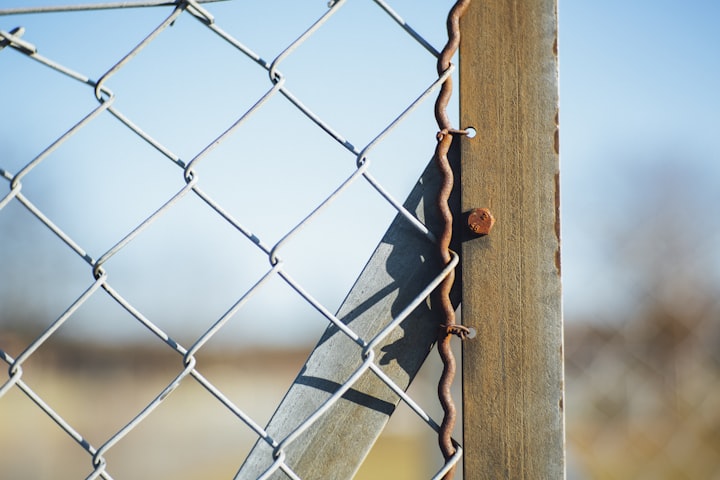The Risks of Holding Urine: A Case Study of Cystitis at the Supermarket
Can holding urine cause cystitis?

In a recent incident that sparked widespread online discussion, a woman's experience of developing cystitis after holding her urine for just thirty minutes while at the supermarket has raised important health concerns.
The woman reported feeling a strong bloating sensation and noticed pink urine after initially delaying urination. Subsequent urinations revealed progressively darker urine accompanied by swelling and a tingling sensation. Following an emergency medical check-up, she was diagnosed with acute cystitis.
This alarming case prompts a critical question: Can merely holding urine for a short period, such as half an hour in a supermarket, lead to cystitis? The answer, as emerging evidence suggests, points to a significant correlation between delaying urination and the development of cystitis, irrespective of gender.
When urine is retained for extended periods, it allows bacteria ample time to multiply within the bladder, increasing the risk of infection. Moreover, prolonged urine retention can damage the bladder's mucosal lining and disrupt blood flow in the submucosal area, weakening the bladder's resistance to bacterial invasion.
The anatomy of the urinary system, including the urethral sphincter and bladder detrusor, plays a crucial role in this process. Holding urine causes the urethral sphincter to tighten, and over time, this can lead to stronger muscles that adversely affect bladder functionality. Increased sensitivity of the urethral sphincter may also inhibit bladder contractions in later stages, resulting in difficulties in urination or residual urine, thereby increasing the risk of cystitis, bladder dysfunction, or voiding dysfunction.
To prevent cystitis, it is essential to avoid habitual urine retention, ensuring bacteria do not have the opportunity to grow excessively.
Apart from holding urine, other factors contributing to cystitis include:
1. Bacterial Infection: The primary cause of cystitis is bacterial infection, with Escherichia coli being the most common culprit. Treatment usually involves antibiotics, but in cases of antibiotic resistance or ineffectiveness, alternative treatments like traditional Chinese medicine, including Diuretic and Anti-inflammatory Pill, may be considered.
2. Anatomical Abnormalities of the Urinary Tract: Anomalies like urethral stricture or posterior urethral membrane can increase the risk of bacterial entry into the bladder, leading to cystitis.
3. Immune System Complications: A weakened immune system can make an individual more susceptible to infections like cystitis. Adequate nutrition, regular exercise, and proper vitamin and mineral intake are vital for maintaining a robust immune system.
4. Chemical Irritants: Certain chemicals in vaginal douches or condoms can irritate the bladder, potentially causing cystitis. It's crucial to follow proper usage instructions for these products.
Understanding the causes of cystitis is key to taking preventive measures against this condition. Moreover, seeking timely medical attention at the first sign of discomfort is crucial to prevent complications and ensure prompt treatment.
Additionally, it's crucial for patients to be aware of other urinary system disorders that can arise from prolonged urine retention:
1. Urinary Tract Infection: The bladder's inner mucosa possesses antibacterial properties. Normally, some bacteria are flushed out during urination. However, holding urine for extended periods can diminish the bladder mucosa's resistance, allowing bacteria to linger and lead to urinary tract infections.
2. Prostatitis: Retaining urine increases bladder pressure, which can cause urine-borne bacteria to reflux through the ducts of the prostate gland, leading to infection and prostatitis. Symptoms may include frequent urination, urgency, pain in the lower abdomen, and the perineal area.
3. Bladder Rupture: Prolonged urine retention can stretch and thin the bladder wall. If subjected to external forces or sudden pressure shifts, the bladder wall may rupture, releasing urine into the abdominal cavity and potentially leading to severe complications like infection, difficulty urinating, peritonitis, uremia, and shock. Without prompt intervention, these conditions can be life-threatening.
4. Urinary Retention: Long-term overfilling of the bladder increases pressure on the bladder wall, potentially damaging the nerves and detrusor muscle that control bladder contractions. This damage can lead to difficulty in urinating or only a trickle of urine being passed, resulting in urinary retention. This issue is particularly concerning in older adults, who may also suffer from conditions like prostate hyperplasia that exacerbate the problem. Such damage can be permanent and challenging to reverse.
About the Creator
Jane Smith
Haha, just to share some health knowledge.






Comments
There are no comments for this story
Be the first to respond and start the conversation.